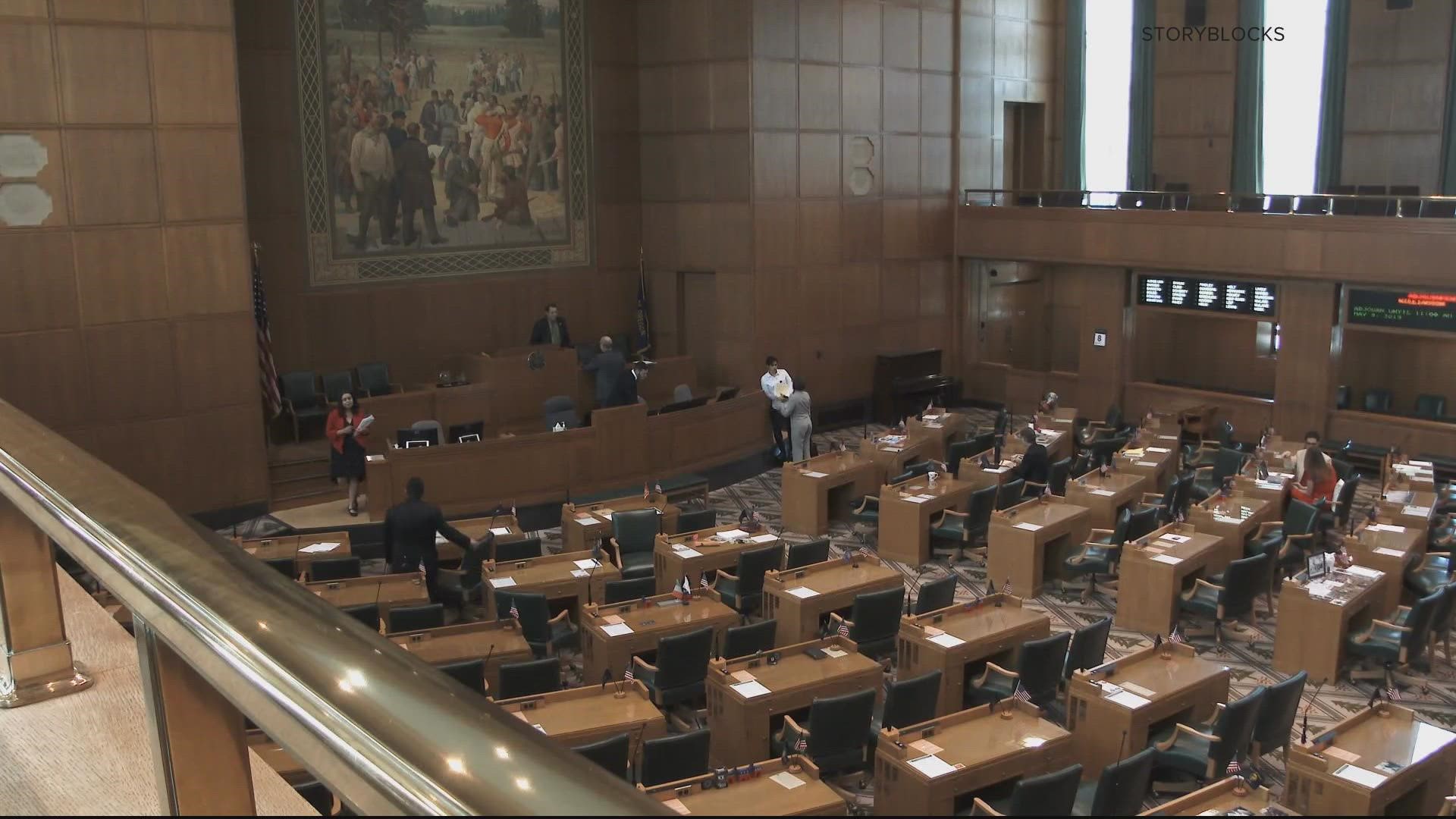WASHINGTON — Tuesday the Supreme Court will hear oral arguments in a complicated case that has democracy and states’ rights advocates divided. Though it’s a case about maps in North Carolina, read up on Harper v. Moore and you’ll find headlines about how this could upend the democratic process nationwide, and end free and fair elections as we know them.
THE QUESTION:
What is Harper v. Moore really about?
OUR SOURCES:
- Harper V. Moore
- Article I of The US Constitution
- Caroline Frederickson, Visiting Professor at Georgetown Law and Senior Fellow at the Brennan Center for Justice
WHAT WE FOUND:
The case is about checks and balances. The Supreme Court of North Carolina tossed out the state’s new legislative maps, finding the districts were gerrymandered in violation of state law.
“What happens in a gerrymander is, sort of the cliché is that the elected officials get to pick their voters rather than the voters picking their elected officials,” explained Georgetown Law Professor Caroline Frederickson.
The court then drew its own maps, and a group of lawmakers sued. The lawmakers’ argument hinges on a political concept called the “independent state legislature doctrine,” based on the Constitution’s elections clause: “The Times, Places and Manner of holding Elections for Senators and Representatives, shall be prescribed in each State by the Legislature thereof” (emphasis added).
So if the court lands on the side of North Carolina House Speaker Tim Moore and his Republican colleagues, Frederickson explains: it could mean state legislatures can act independently, and governors and state courts would have no ability to check laws related to federal elections.
"So what we're saying is that the hands that the entire control of a federal election would be in the hands of the state legislatures. So if you have a really partisan state body that wants to issue a map for upcoming elections, that would privilege their own party in an in an incredible way at the at the federal level, they can do so--even if their constitution says that there is a requirement that elections be structured in a way that's fair and free,” she said. “It would take away that really critical role that state courts play in enforcing state constitutions.”
She further explains that this could go further than just legislative maps, because election laws can refer to anything from rules around early voting, to how states submit their votes for President.
“The question is, whether or not after election day, even if say this, the people of Maryland or Virginia or Pennsylvania or North Carolina picked one candidate, could the state legislature come back and say, well, we don't like the popular vote anymore as our method for choosing electors. And we're now wiping that out. And we're going to choose the electors, and that’s the debate,” she said. “It seems a little crazy. But it is definitely a problem.”
Though the appeal is coming from Republican lawmakers, Frederickson points out this could also be something that swings in Democrats’ favor in other situations, which is why she says even some more Conservative-leaning legal scholars she’s heard from say this goes too far.
“So we are really faced with a very radical theory with really radical implications for whether or not we actually continue to have a democracy,” she said.
Frederickson says the court would be hard-pressed to find a “less radical” way to decide in favor of North Carolina lawmakers in this case, as in, with less of an impact on the electoral process. The U.S. Congress could pass a federal anti-gerrymandering law, but with a Republican House and a Democratic Senate, it’s hard to say how likely that’d be to happen.
“This is quite a partisan and radical theory. And I really think if the Supreme Court embraces it, it will really strip off the mask of what the Supreme Court is all about,” she said. “I think that's really dangerous.”

